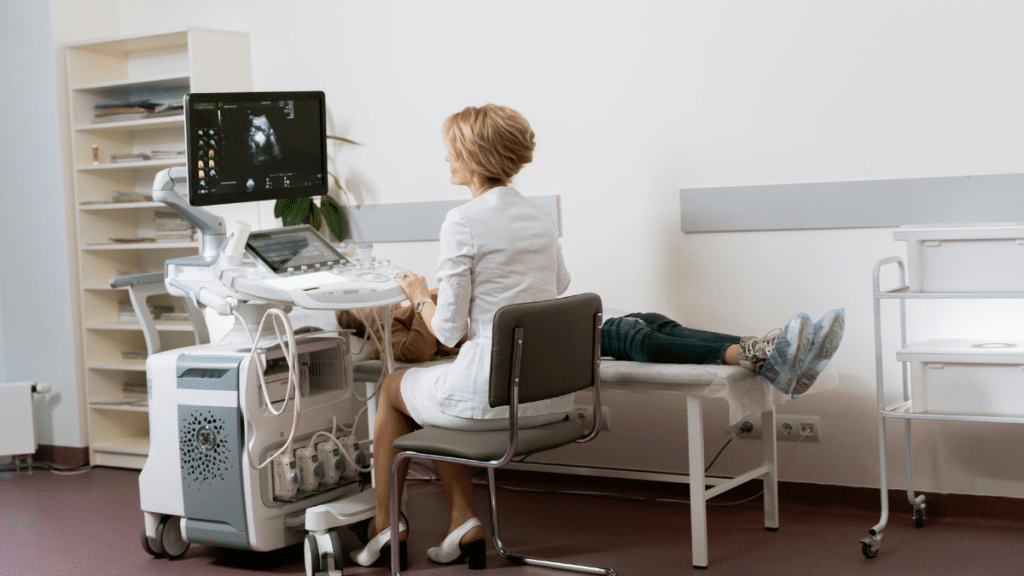So, the good news has arrived – you’ve landed the job! But before you can truly settle into your new role, there’s often a final step involving a visit to the doctor: the pre employment health assessment. This can sometimes feel like a bit of a mystery, a dip into your personal health history for your future employer. But take a breath; it’s a standard procedure designed with both your well-being and workplace safety in mind. Please consider this your comprehensive guide to understanding exactly what it entails.
We’re not talking about a pop quiz on your medical past. Instead, it’s more like a collaborative check-in, ensuring a healthy and sustainable fit between you and your new role. Your future employer wants to be sure you can handle the job’s demands safely, and you, in turn, want to step into a position that won’t compromise your health.
Why the Check-Up? Understanding the Employer’s Perspective
The employer undertakes various essential tasks with pre-employment health assessments.
- The basis of this requirement ensures that employees maintain safety during work activities and protect co-workers from potential hazards. Workplaces dependent on physical demands, operating machinery systems, and dangerous settings need this assessment for safety reasons.
- Employers can use their knowledge of existing health issues to make suitable adjustments to workplace conditions and job assignments. Rather than creating any type of exclusion, this policy enables the creation of inclusive workplaces where staff can thrive successfully.
- Insurance management and liability protocols fall under employers’ mandatory legal and ethical duty to provide safe working environments. Such assessments allow employers to learn about possible health dangers so they can properly manage their policy obligations.
- A health assessment may create an initial documentation of your employment health status. This health assessment serves a secondary function which may be helpful during later workplace health discussions.
What Happens During a Pre-Employment Health Assessment?
The details of pre-employment health tests differ according to work sector position type and employer standards. Certain or all of the following sections will appear during your pre-employment health checkup.
- You will need to fill out a detailed health questionnaire, which requires information about previous and active diseases, all medicine use and allergies, and living habits. Accuracy and honesty are fundamental aspects of this process. The decision to hide facts now will produce problems in future medical care.
- During the evaluation, the healthcare professional conducts basic physical assessments to check blood pressure, pulse, heart rate, sensory abilities, and reflex measurements.
- Regulatory agencies require employees to undergo sensory tests for vision and hearing, specifically when people need to operate equipment or vehicles safely or when visual or auditory skills are essential for work duties.
- Urine samples are frequently asked for in order to screen for alcohol and drugs and occasionally to evaluate general health markers.
- Blood Tests: Depending on the position, blood samples may be obtained to assess liver function, cholesterol, or blood sugar levels.
- Musculoskeletal Assessment: If you work in a physically demanding job, a medical practitioner may assess your strength, range of motion, and flexibility.
- Lung function tests (spirometry) are common for jobs where respiratory health is crucial, like those involving exposure to dust, fumes, or other airborne irritants.
- Drug and Alcohol Screening: A frequent first step in many organisations’ drug and alcohol policy is the pre-employment health evaluation.
Your Rights and Essential Information
It’s important to keep in mind that you have rights during this process:
- Confidentiality: Your medical records are confidential and should only be disclosed to the employer when absolutely required, mainly in relation to your suitability for the position and any modifications that may be required at work. Between you and the healthcare provider, the specifics of your medical history are kept private.
- Informed Consent: You are entitled to know the purpose of the pre-employment health evaluation and what it entails. Never be afraid to ask questions if you need clarification on any part of the procedure.
- Precision Is Crucial: As previously stated, provide accurate and comprehensive information. Inaccurate information may later cause problems for your job.
Navigating Your Assessment with Confidence
Approaching your pre employment health assessment with a clean expertise of its purpose and your rights will assist in alleviating any anxiety. Here are some realistic guidelines:
- Be Prepared: If you have any pre-existing clinical conditions, be ready to speak about them brazenly and clearly. Have a listing of your present-day medications and any relevant scientific documentation readily available.
- Don’t Be Afraid to Ask: If you have any questions about the process or the facts being asked, do not hesitate to invite the healthcare expert or the enterprise for rationalisation.
- Be Punctual: Arrive on time in your appointment.
- Relax and Be Yourself. The healthcare expert is there to assess your fitness for the task objectively.
In conclusion, the pre-employment health evaluation is a general and often necessary step within the recruitment journey. By knowing its objectives, understanding what to anticipate throughout the assessment, and being privy to your rights, you can navigate the method with extra confidence and smoothly transition into your new position. It’s about ensuring a healthy, safe, and sustainable working environment for all, including you.
